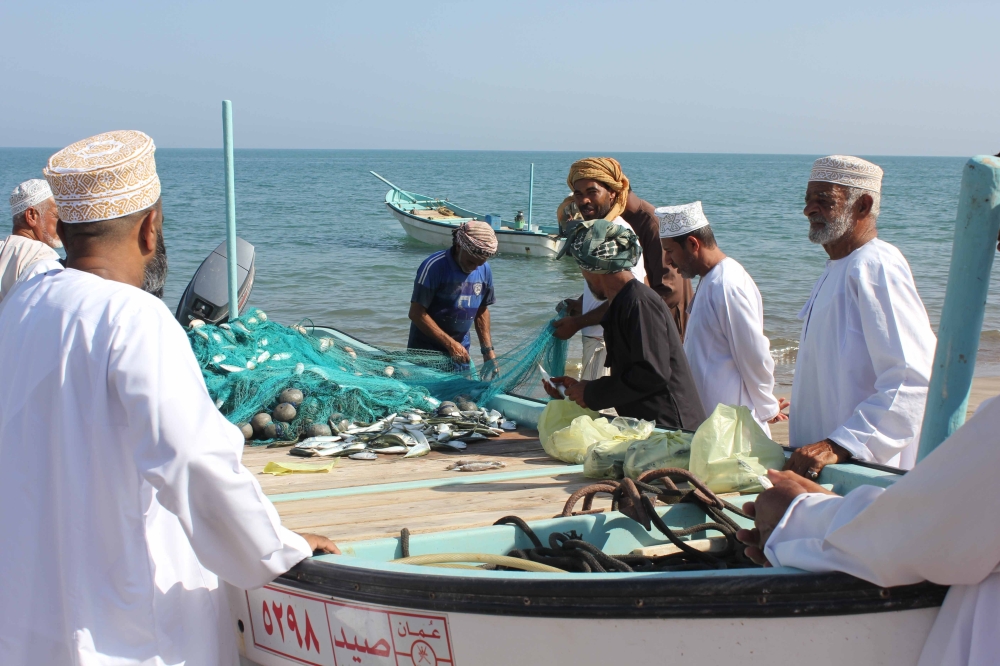

The Sultanate of Oman has been ranked among the Arab countries in the IUU Fishing Index for their best practices in combating overfishing, which deprives artisanal fishermen of fish, severely reduces income and food, and destroys marine resources needed to revive fisheries wealth.
Saudi Arabia and Qatar are the two other countries in the Middle East in the Index, while Estonia and Finland are the best countries in the world.
The IUU Fishing Index was launched in early 2019 to benchmark and rank countries for their vulnerability to, the prevalence of and response to illegal, unreported and unregulated (IUU) fishing.
The 2021 IUU Fishing Index covers all 152 coastal countries of the world, and for each country, a score is calculated based on a suite of 40 indicators. These relate to the prevalence of IUU fishing in each country and the country’s vulnerability and response to it, as assessed according to the country’s coastal, flag, port and general state responsibilities.
China ranked as the worst country in combating illegal fishing, followed by Russia, South Korea, Somalia and Yemen, while Denmark was ranked as the best country in combating illegal fishing, followed by Romania and Belgium.
The Index is developed by Poseidon Aquatic Resource Management, a fishery and aquaculture consulting firm, and the Global Initiative Against Transnational Organized Crime, a Geneva-based NGO network of experts focusing on crime in human rights, democracy, governance and natural resource exploitation.
According to Tuesday Reitano, Deputy Director, Global Initiative, IUU fishing is a major threat to ocean ecosystems worldwide, undermining efforts to sustainably manage global fisheries and effectively conserve ocean biodiversity.
“IUU fishing is often found to be associated with many other forms of transnational organised crime, such as human trafficking, drug trafficking and piracy, not to mention the exploitation of weak and corrupt elements of national management regimes”, remarks Reitano in his comments in the Index note.
IUU fishing robs economies and societies of catches worth billions of dollars each year. It has huge environmental impacts on fish stocks by impairing scientific research and fisheries management efforts. It helps prevent governments and regional fisheries management organisations from achieving sustainable fisheries. The elimination of IUU fishing is an internationally agreed target under the UN’s Sustainable Development Goals.
The depletion of fish stocks through IUU fishing threatens global food security, along with the livelihoods of some 40 million people who are employed worldwide in capture fishing alone, plus millions more in associated industries.
According to the UN Food and Agriculture Organization (FAO), IUU fishing activities are responsible for the loss of 11–26 million tonnes of fish each year, which is estimated to have an economic value of $10 to 23 billion. IUU fishing activities threaten sustainable management of our marine resources, a situation further exacerbated by overfishing.
The IUU Fishing Index consists of 40 indicators, based mostly on published information but also on a short survey. Individual indicators are weighted as low, medium or high, depending on the strength of their apparent link to IUU fishing.
Each indicator falls into four groups of “responsibilities” – coastal, flag, port and general – and one of the three “types” – vulnerability, prevalence and response to IUU fishing.
Oman Observer is now on the WhatsApp channel. Click here



